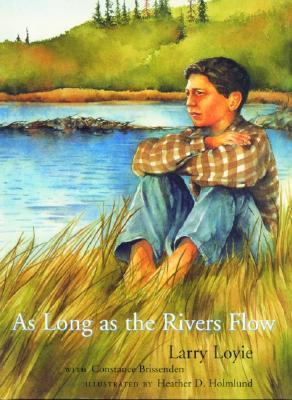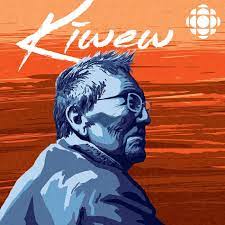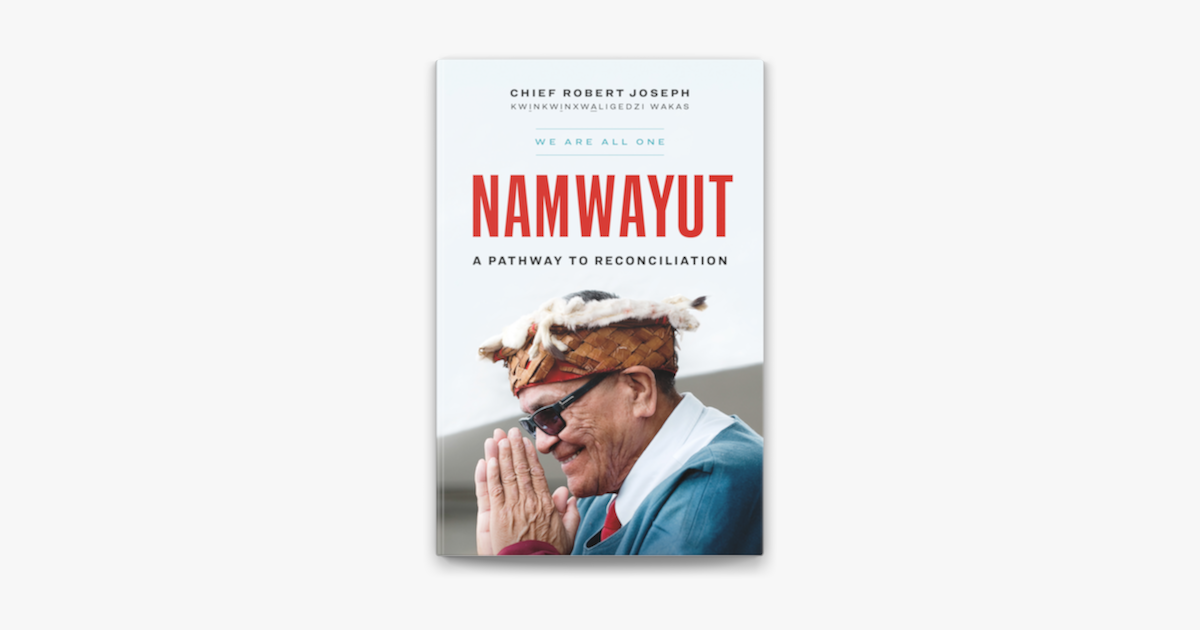Memoirs, Truth and Reconciliation

In September to start the school year I have my class focus on identity and memoir writing. This serves as a good introduction, since it allows us to get to know each other and explore various writing routines we'll use throughout the year. Since September ends with the National Day for Truth and Reconciliation, I also read aloud different memoirs that focus on the impacts of residential school and on reconciliation. This better prepares us for the last week of September when our whole school engages in learning that moves us towards reconciliation. This year I am choosing three different types of memoirs that explore truth and reconciliation in varied ways.

For a number of years, I have read aloud As Long as the Rivers Flow, by Larry Loyie. In this book, he shares his experiences with his family during the summer before he was taken away to residential school. In reading the story, we are able to discuss the many lessons the author learned from his family on the land. These sweet memories are starkly contrasted with the abrupt ending where he is taken from his family and home. The book offers us a chance to understand authors' purposes in sharing stories, particularly why he might want us to understand his childhood and what he lost when he was forced to leave.

Another story we listen to is from the podcast Kiwew, which focuses on the author David A. Robertson and the life of his father. This podcast discusses how Robertson's father lived on the trapline in his youth, but assimilative government policies forced his family to leave. The intergenerational impacts of these policies are clear within the podcast, as Robertson focuses on the need embrace and reconnect with his Cree identity.

This year, I am planning to read aloud for the first time some excerpts from Namwayut: A Pathway to Reconciliation, by Chief Robert Joseph. In this book, Chief Joseph writes about his experiences as a residential school survivor and his journey towards reconciliation. He wrote, "Reconciliation is an ancient imperative. We can sustain the environment, the resources, the cultures, the rituals, and the ceremonies of us all. This is a well of rich history - of practice and tradition, values and ethics. All we've got to do is open the door to all of those sources of knowledge, recognizing our value in all the different ways that we live" (p. 96). His reflections on reconciliation offer important insights and it will be difficult for me to select which passages I want to read with my classes. As well, his journey of healing is important to note, as he overcomes the attempted erasure of his culture and becomes a leader in his community.
Reading and listening to a variety of stories that relate to truth and reconciliation is important for students. While they generally come into my room knowing what Orange Shirt Day is all about, they don't always realize that every Survivor's story offers new understandings. When students consider why the storyteller is sharing this particular story and what lessons they are trying to impart, it helps them gain a deeper understanding of this history and the need for reconciliation.
It is also important to share Indigenous stories of resurgence. Check out my literature circle on Indigenous storytelling here.
